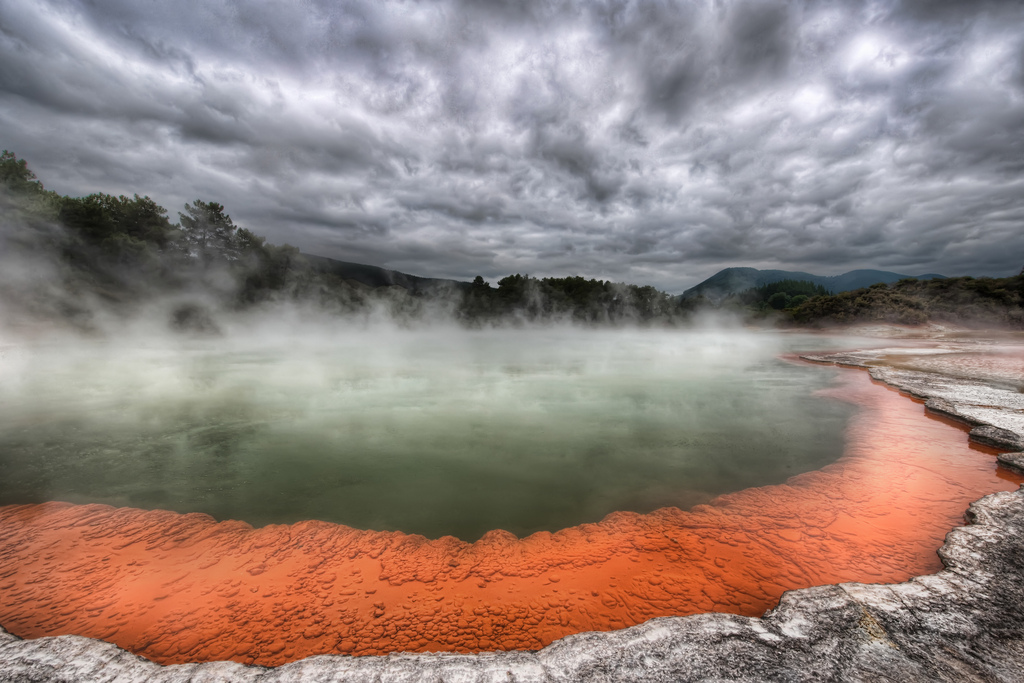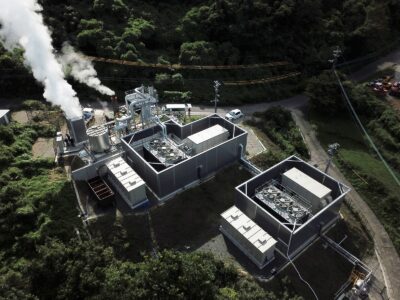Geothermal bores at Ohinemutu, NZ to be tapped for direct use
A government-funded feasibility study will look at the possibility of using the geothermal resources in the Ohinemutu village for home heating, cooking, and bathing.
The New Zealand Ministry of Business has granted NZD 50,000 (approx. USD 33,200) funding to study the feasibility of tapping into existing geothermal bores in the Maori village of Ohinemutu in Rotorua for home heating, cooking, and bathing. The study will be carried out by local group Te Manat?p? Hau K?inga o ?hinemutu.
Despite living on top of the geothermal resources in Rotorua, some of the homes in Ohinemutu have a lack of heating options. This is especially concerning for older people who comprise about 70% of the village’s population. Installing and maintaining geothermal heating is expensive even if there are geothermal bores right outside their homes.
“We can’t afford to maintain our bore every 10 years and the costs of $40,000 to $80,000 are just too high. Our bath is used for storing our bikes and stuff now, ” said Whakaaio Nopera, who grew up using a geothermal bath before the bore seized up like many other geothermal bores in the village.
The feasibility study will look at the possibility of using geothermal resources for home heating, cooking, and bathing. This will involve fixing the geothermal bores and re-doing the piping so that they can be connected to homes and mineral baths. Sustainability is also a consideration in the study, as the group wants to avoid affecting the natural hot springs in the area.
Te Manat?p? Hau K?inga o ?hinemutu will be submitting the results of the study by the end of the month to the Ministry of Business Public Housing Renewable Energy Fund. If results are favorable, the group is hoping to receive NZD 2 million (approx. USD 1.3 million) to implement the proposed project.
Source: New Zealand Herald


















